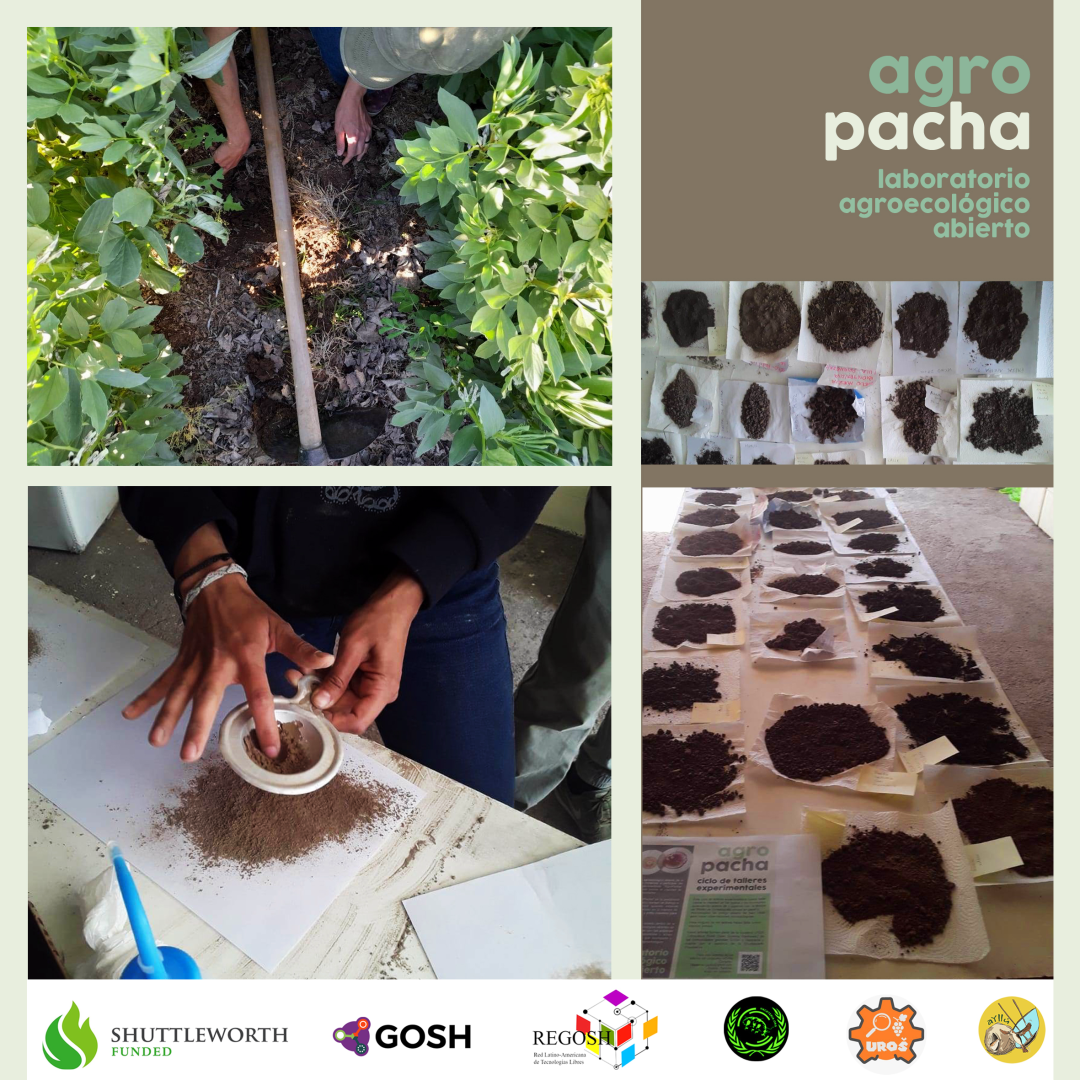Disclaimer:
Please be aware that the content herein is comprised of personal reflections, observations, and insights from our contributors. It is not necessarily exhaustive or authoritative, but rather reflects individual perspectives. While we aim for accuracy, we cannot guarantee the completeness or up-to-date nature of the content.
Type of project
Contributory project: It is designed by members of the scientific community, and citizens participate in data collection. Collaborative project: Citizens participate in data collection and analysis. Co-created project: Citizens participate in all stages of the scientific process.
Overall goal
Co-produce knowledge and systematize lessons learned from the agroecological transition of the Cuyo region, with special emphasis on soil management and changes in agricultural practices, based on discussions among different stakeholders.
Specific goals
Co-design an open technological infrastructure to systematize, share, and visualize relevant information for different agroecology stakeholders in the Cuyo region. Monitor soil health indicators with open laboratory tools and instruments. Gather information in a participatory manner about productive spaces and agricultural practices to assess their impact on soil health. Develop public communication strategies that make open data available, make information visible, and tell local stories about the agroecological transition.
Description of citizen participation
During in-person workshops, free and low-cost technologies are used to address different aspects related to soil health, as a way to channel discussions and promote a knowledge exchange among farmers. The goal is to “reanimate” soils through community, scientific, and artistic practices that trigger new ideas for the renewed soil. The tools developed are focused on visible dimensions of the soil, such as its inherent complexity, microbiological diversity and activity, and its relationship with organic matter. In each workshop, some aspect of soil health is addressed and a basic guide is produced for citizens to analyze their samples, share their soil stories, and share some insights and conclusions about their practices. Data collection and analysis uses baseline protocols that are then fed with local knowledge shared by producers. Moreover, freer research processes are developed where producers participate in all stages of the research, from design, production, analysis of the results, and elaboration of new work hypotheses.
Time Frame
6/12/2019 - N/A.
Project leaders
[REDACTED], Cooperativa Ayllu and School of Agricultural Sciences, National University of Cuyo (UNCuyo) [REDACTED], National Institute of Agricultural Technology (INTA) [REDACTED], Centro de Formación e Investigación Campesina (CEFIC) and National Scientific and Technical Research Council (CONICET). [REDACTED], Instituto Argentino de Investigaciones en Zonas Áridas (IADIZA), National Scientific and Technical Research Council (CONICET) [REDACTED], Exact Sciences School, National University of Cuyo (UNCuyo) (UN Cuyo)
Contact information
Email: [REDACTED], [REDACTED], [REDACTED] Website: regosh.libres.cc/proyectos/lab-agroeco-abierto/
SDGs
 Consent to share form or official link.
Consent to share form or official link.

 2Zero hunger
2Zero hunger 3Good health and well-being
3Good health and well-being 12Responsible consumption and production
12Responsible consumption and production


Comments
Log in to add a comment or reply.